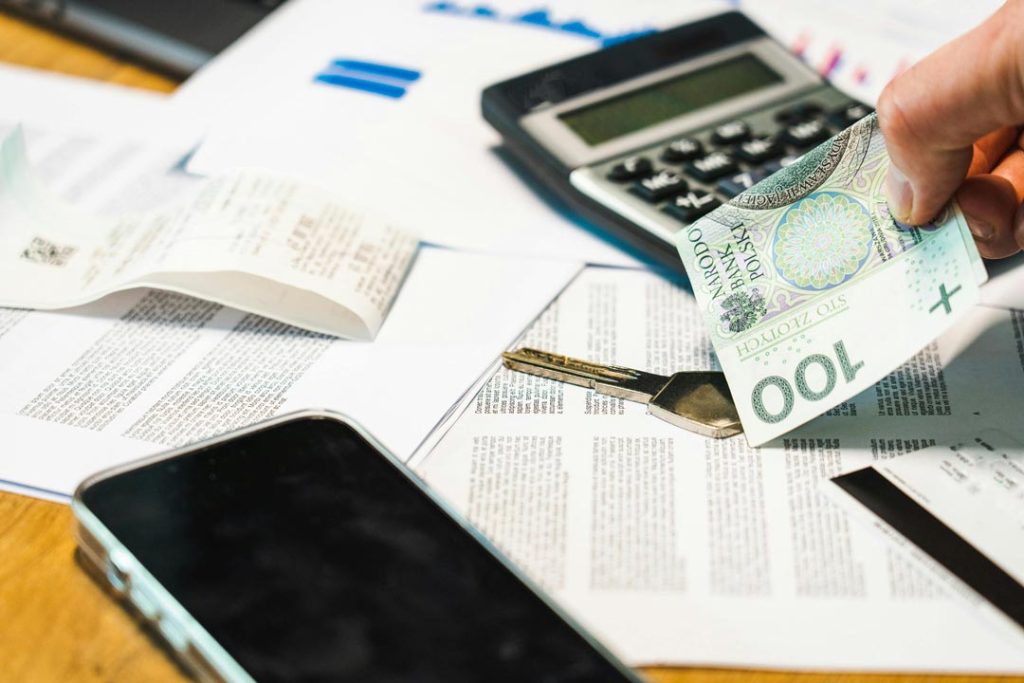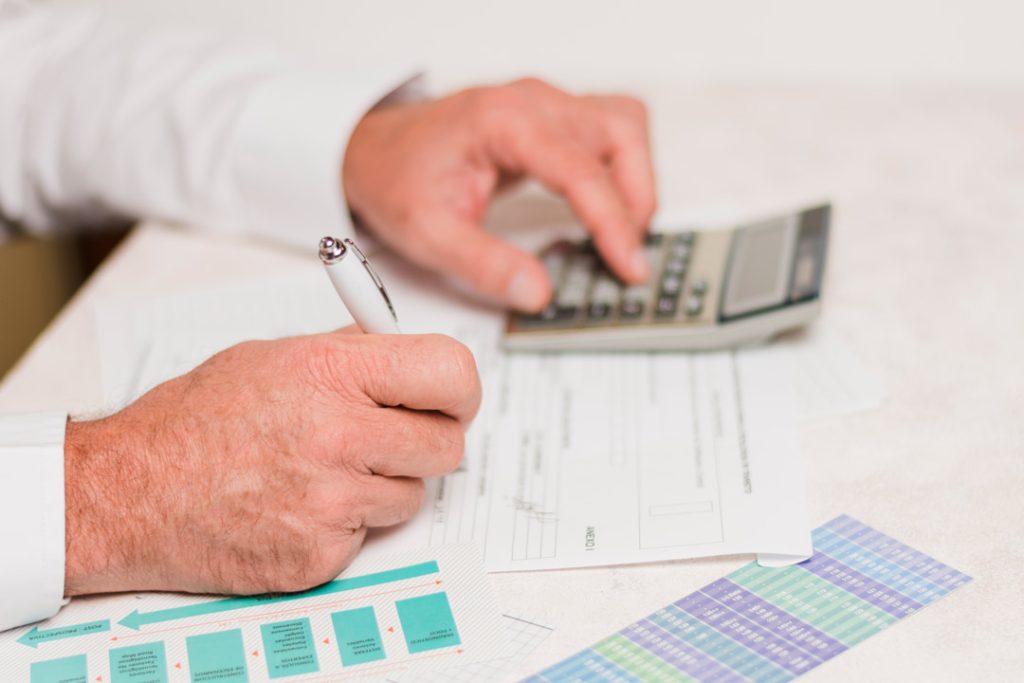Owning a vacation rental property can be a rewarding investment, offering both financial gain and personal enjoyment. However, like any investment, success hinges on careful financial planning. Budgeting for your rental property expenses is crucial to ensure its profitability. This guide will equip you with the knowledge and tools to create a solid budget for your vacation rental.
What Are Rental Property Expenses?
Rental property expenses can be divided into two main categories: fixed costs and variable costs. Understanding these expenses will help you set realistic expectations for your profits.
1. Fixed Costs
Fixed costs are the predictable expenses you’ll incur every month, regardless of whether you have guests or not. These are essential outlays that keep your rental property operational. Here’s a breakdown of common fixed costs:
Mortgage or Loan Payments (If Applicable)
If you financed your property with a mortgage, this will be your biggest monthly fixed cost.
Property Taxes
Property taxes are levied by your local government and are based on the assessed value of your property.
Insurance (Property, Liability, etc.)
Insurance protects you from financial losses due to damage, injury, or lawsuits. You’ll typically need property insurance for the building itself and liability insurance to cover guest accidents.
Utilities (Electricity, Water, Rubbish Removal, Internet)
Even when your rental is vacant, you’ll still be responsible for some utilities. You might decide to keep certain utilities (like water) on at a minimum level to prevent issues during vacancy.
2. Variable Costs
Variable costs depend on how often you have guests and the level of service you provide. These expenses for a rental property tend to increase with a higher occupancy rate.

Here’s a closer look at some common variable costs:
Cleaning and Linens
Keeping your rental sparkling clean is essential for attracting guests. This might involve hiring a cleaning service or laundering towels and sheets yourself.
Maintenance and Repairs
Regular maintenance keeps your property in good condition and prevents bigger problems down the road. You’ll also need to budget for repairs due to normal wear and tear or unexpected breakdowns.
Marketing and Listing Fees
To attract guests, you’ll likely need to advertise your rental on short-term rental platforms like Booking.com and Airbnb. These platforms typically charge listing fees or booking commissions.
Guest Supplies
Providing basic amenities like toiletries, paper products, and essential kitchen supplies can enhance the guest experience.
Property Management Fees
If you don’t have the time or inclination to manage your property yourself, you can hire a property management company. These companies will handle tasks like guest communication, cleaning coordination, and maintenance for a fee.
Building Your Budget for Rental Property Expenses
Owning a rental property can be a lucrative investment, but success requires careful budgeting. Here’s a detailed breakdown of the steps involved in building a solid budget for your short-term rental:
1. Research Typical Costs
Don’t fly blind! Create a rental property expenses checklist and gather data on them in your area to set realistic expectations. Here’s what to research:
Cleaning Fees
According to the National Association of Realtors (NAR), the average cost of house cleaning in the US is $120-$200 per visit. This can vary depending on the size and location of your property. Research local cleaning companies or freelancers to get accurate quotes specific to your area.

Property Management Rates
Property management fees typically range between 5% and 15% of the monthly rent. Contact property management companies in your area to get quotes based on the size and type of your rental property.
Maintenance Costs
Maintenance expenses can be unpredictable, but budgeting a baseline is crucial. According to HomeAdvisor, annual maintenance costs can range from 1% to 3% of your property’s value. This can vary depending on the age and condition of your property. Factor in the cost of routine maintenance (e.g., yard work, pest control) and potential repairs for common wear-and-tear items (e.g., appliances, plumbing).
2. Account for Vacancy Rates
Be realistic about how often your rental will be occupied. According to AirDNA, national average short-term rental occupancy rates hover around 60%. However, this can vary significantly depending on location, seasonality, and listing quality. Research historical occupancy rates for similar rentals in your area to get a more accurate picture.
3. Leverage Historical Data (If Applicable)
Already own a rental property? Utilise past rental property expense records to your advantage! Analyse:
Utility Bills
Look at past utility statements to estimate average monthly costs for electricity, water, rubbish removal, and internet. Adjust for any seasonal variations.
Maintenance Records
Review past maintenance invoices to understand typical repair costs and how often they occur. This will help you budget for future repairs.
Cleaning Service Bills
If you previously used cleaning services, analyse past invoices to estimate ongoing cleaning costs.
4. Track Your Expenses Meticulously
Keeping detailed financial records is paramount for two reasons:

Tax Deductions
Track all deductible expenses for your rental property (e.g., mortgage interest, repairs, cleaning fees) as you can deduct them from your rental income when filing taxes.
Cost-Saving Opportunities
Categorise your expenses (e.g., cleaning supplies, utilities) to pinpoint areas where you might be able to save. Negotiate bulk discounts with cleaning services or explore energy-efficient upgrades to reduce utility costs.
5. Consider Budgeting Software
Explore software designed specifically for vacation rental owners. These tools can streamline financial management by offering features like:
Income & Expense Tracking
Easily record income from rentals and categorise expenses for clear financial insights.
Trend Analysis
Analyse historical data to identify trends in occupancy rates and expenses, allowing you to make data-driven decisions.
Tax Reports
Generate reports summarising income and expenses for simplified tax filing. For further insights, remember that understanding property management financials is essential for every rental property owner or manager. Read more here.
Additional Tips
1. Plan for Replacements
Consider the eventual replacement of furniture, furnishings, and appliances as they wear out or get damaged. Include a buffer in your budget for these occasional but inevitable costs.
2. Yard Maintenance
Depending on your property, yard maintenance might be a recurring expense. Consider costs for lawn care, landscaping, or pool service (if applicable) in your budget.
3. HOA Fees
If your property is located in a community with a homeowner’s association (HOA), factor HOA fees into your budget.

Concluding Remarks
Managing rental property expenses effectively is crucial for maximising your investment returns. By understanding and strategically controlling costs such as maintenance, property management fees, taxes, and insurance, you can enhance your property’s profitability. Remember to keep detailed records of all expenditures and regularly review your budget to identify areas for potential saving.


